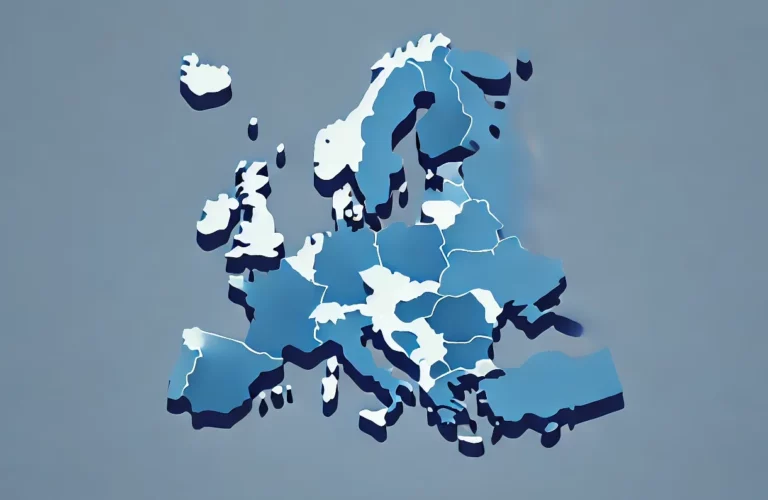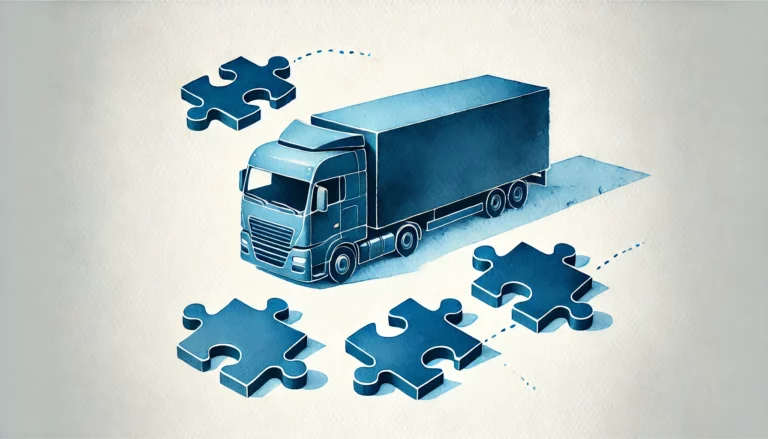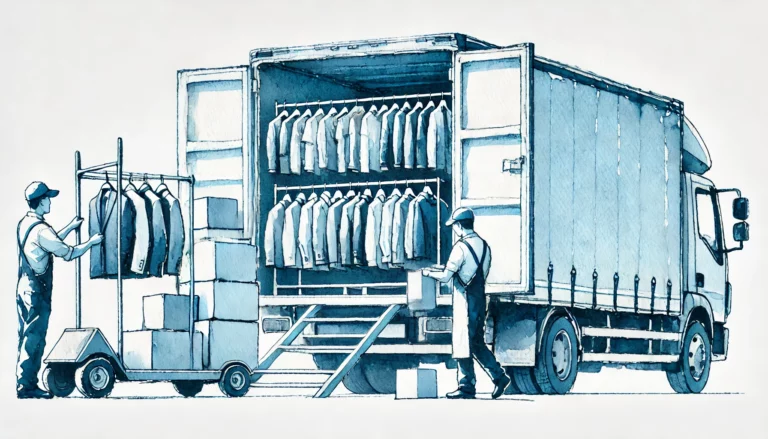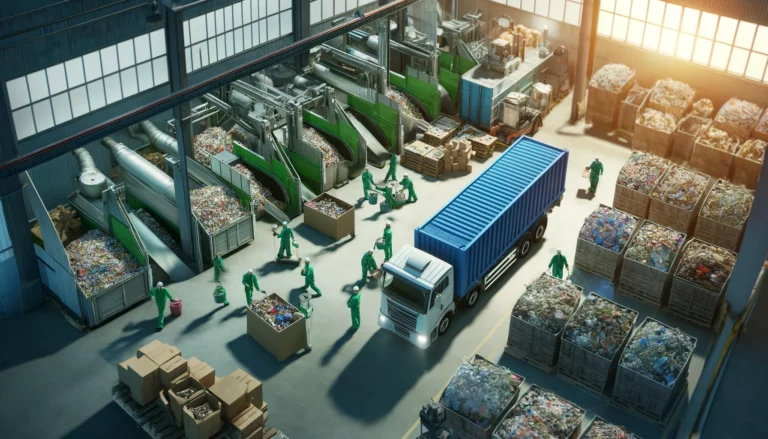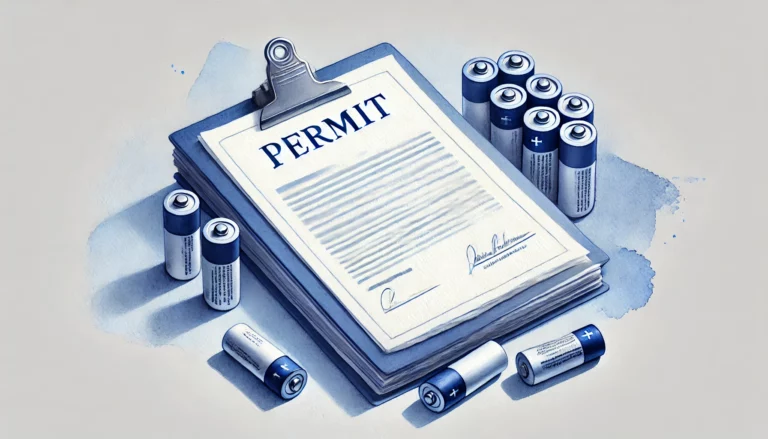How to obtain a waste transport permit for Poland?
If you’re a foreign company looking to transport waste into or within Poland, securing the correct permits is crucial. Without proper authorization, your operations could face delays, fines, or even legal action. This guide will walk you through the entire process of obtaining a waste transport permit in Poland, covering both the legal framework and the technical steps you need to follow.
Do you need help with BDO registration?
Write to us: office@wastetransportsolutions.eu
or call us +48 517 862 602 or +48 519 516 869
Understanding the legal framework
The cornerstone of waste management regulation in Poland is the Waste Act of December 14, 2012. This law outlines the responsibilities of companies involved in waste production, collection, and transport. For foreign transporters, it’s essential to comply with these regulations to avoid penalties.
Key provisions include mandatory registration with the BDO system and strict documentation for every stage of waste handling. Failing to meet these standards can result in significant fines and operational disruptions.
It’s worth mentioning that Poland, as an EU member, aligns its waste transport regulations with broader European directives. These include rules on cross-border shipments laid down in new Regulation 2024/1157, ensuring that waste transport meets environmental and safety standards across the EU.
Understanding these EU regulations helps companies maintain compliance not just in Poland, but throughout Europe. It’s also essential for simplifying the logistics of transporting waste across multiple countries.
How to obtain a waste transport permit for Poland – technical requirements
Obtaining a PESEL Number
A PESEL number is a unique identification number required for various administrative processes in Poland. While foreign companies must obtain a PESEL number, it is not required for the initial registration as a waste carrier. Instead, the PESEL number becomes essential after registration, as it allows access to the BDO system for managing Waste Transfer Cards (KPO).
To get a PESEL number, you’ll need to submit an application through the Polish administrative offices. This process typically involves providing identification documents and, in some cases, proof of business operations in Poland.
Setting up a Trusted Profile (Profil Zaufany)
A Trusted Profile (Profil Zaufany) is essential for accessing Poland’s online government services, including the BDO system. While it’s not needed for the initial registration as a waste carrier, it becomes invaluable for managing Waste Transfer Cards (KPO) once your registration is complete.
Setting up a Trusted Profile is straightforward. You can create one through a Polish bank that offers this service or by visiting a designated government office. Verification usually involves a simple identity check.
Step-by-Step registration guide
How to obtain a waste transport permit for Poland? Here’s a quick and concise guide on what to do to be able to transport waste in our country.
- Foreign transport companies must register as waste carriers in Poland using a paper form. Despite the availability of online tools for other administrative tasks, authorities still require this traditional method. Begin by gathering all necessary documents and filling out the required forms. Since all documents are valid only in Polish, working with a local consulting company is advisable for the best results.
- Once you complete the forms, send them to the Marshal’s Office for further processing. Registration usually takes up to 30 days. While you might attempt to speed up the process, expect it to finish within a month. If there’s an issue with the application, the process may take longer, depending on the complexity of the error and the time needed for corrections.
- After processing your application, the authorities will inform you via email. In the past, they sent the registration confirmation to the company, and it served as the waste transport permit. Now, they issue only the BDO Number, and waste carriers must present it to the authorities when asked.
- Once you complete the paper registration, you can use your PESEL number and Trusted Profile to access the BDO system. This access allows you to manage Waste Transfer Cards (KPO) and handle ongoing compliance tasks. Alternatively, you can outsource BDO management to a local consulting company to simplify the process.
Compliance and best practices
Adhering to wnvironmental and safety standards
Maintaining high environmental and safety standards is not just a legal requirement—it’s also good business practice. Ensure that your transport vehicles meet Polish regulations and that your staff is trained in safe waste handling procedures.
Regular audits and internal reviews can help identify compliance gaps before they become issues. This proactive approach minimizes risks and enhances your company’s reputation.
Record-keeping and reporting obligations
Accurate record-keeping is a cornerstone of compliance in Poland’s waste management system. Keep detailed logs of all waste transport activities, including dates, routes, and waste types. For cabotage transport you’ll have to confirm shipment on Waste Transfer Card and for international transports, a copy of Annex VII document will suffice.
As a waste carrier in Poland, you will not have to submit annual reports. Instead, you will be required to keep simplified waste records based on the aforementioned Waste Transfer Notes (KPO).
Penalties for non-compliance
Failure to comply with Poland’s waste transport regulations can lead to severe penalties. Just to name the few:
- if you fail to deliver waste to the recipient stated in Waste Transfer Note you can be fined up to 100.000 PLN (over 23.000€)
- for transporting waste without BDO registration you’ll be fined up to 10.000 PLN (over 2000€)
- and if it’ll be clear you have to be registered in BDO but you won’t present any proof of sending the registration application to Marshal’s Office, you can be fined or even incarcerated
Staying informed about regulatory changes and maintaining strict internal controls will help you avoid these pitfalls. Investing in compliance is an investment in your company’s long-term success.
Conclusion
Obtaining a waste transport permit in Poland may seem complex, but understanding the legal and technical requirements simplifies the process. By following this guide, foreign companies can navigate the system efficiently, ensuring compliance and smooth operations.
Stay proactive in maintaining your permits and meeting regulatory obligations. Compliance not only protects your business but also contributes to sustainable and responsible waste management practices.


